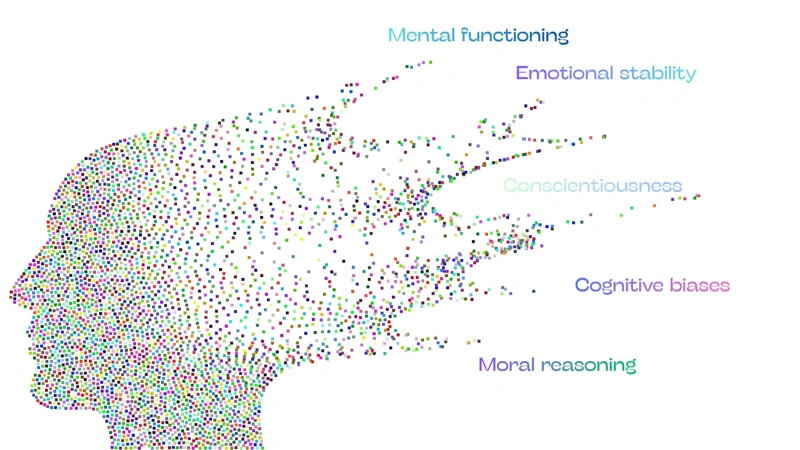Human mental performance peaks between ages 55 and 60, study finds
Human achievement may reach its highest point much later than previously thought. A new study published in the Intelligence journal suggests that while fluid intelligence declines from early adulthood, other key traits continue to strengthen well into midlife, aligning more closely with the age when people tend to achieve their greatest career success, Kazinform News Agency correspondent reports.

“Fluid intelligence, which peaks near age 20 and declines materially across adulthood, is often regarded as the most critical cognitive ability for predicting important life outcomes. Yet, human achievement in domains such as career success tends to peak much later, typically between the ages of 55 and 60. This discrepancy may reflect the fact that, while fluid intelligence may decline with age, other dimensions improve,” researchers argue in the abstract of the study.
The authors analyzed age-related trends across nine constructs associated with life success, including cognitive abilities, personality traits, emotional intelligence, financial literacy, moral reasoning, and cognitive flexibility. Then, developed a Cognitive-Personality Functioning Index (CPFI) to compare different weighting models, that showed overall functional capacity peaking between the ages of 55 and 60. According to the study, this aligns closely with the typical peak in career achievement, suggesting that individuals best suited for high-stakes decision-making roles are rarely younger than 40 or older than 65.
As explained by Gilles E. Gignac, one of the study’s authors, the research team identified 16 psychological dimensions, including core cognitive abilities such as reasoning, memory, and processing speed, as well as emotional intelligence and the “big five” personality traits. Their analysis showed that many of these traits reach their peak well beyond early adulthood. For instance, conscientiousness tends to peak around age 65, while emotional stability continues improving into the 70s.
Other dimensions, such as moral reasoning and resistance to cognitive biases, also strengthened later in life. When the team combined the trajectories of all 16 dimensions into a weighted index, they observed that overall mental functioning peaked between ages 55 and 60, followed by a gradual decline after 65.
“The findings of the present investigation, indicating that overall cognitive-personality functioning peaks between ages 55 and 60, with clear declines emerging after the age of 65 to 70, have important implications for societal roles that demand high-level reasoning, emotional stability, and sound judgment. Notably, these roles often involve individuals well beyond this functional peak, including political leadership and the judiciary, for example,” the study says.
The authors add that while fluid intelligence declines early, broader adaptive traits tell a different story.
“Although many studies emphasize early adulthood declines in fluid cognitive abilities, our findings suggest that when broader adaptive traits are considered, human functional capacity peaks in midlife. Accordingly, individuals best suited for high-stakes leadership, judgment, or executive roles are likely to be between 55 and 60—and unlikely to be younger than 40 or older than 65. This challenges many conventional assumptions about age and capability, and suggests that midlife may represent the true apex of psychological readiness for complex, consequential roles,” the research concludes.
Earlier, Kazinform reported on a separate study, which explained why women are more likely to develop Alzheimer’s disease, despite men’s brains shrinking faster with age.
